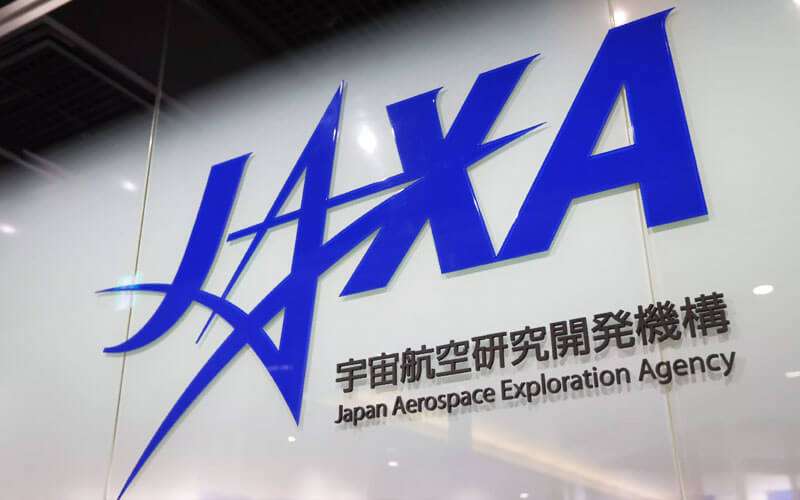In the nation’s first unsuccessful rocket launch in over two decades, the Japanese space agency reported that a rocket carrying eight satellites failed shortly after liftoff on Wednesday and had to be aborted by a self-destruction command. Less than seven minutes after liftoff from the Uchinoura Space Center in the southern Japanese prefecture of Kagoshima, the Japan Aerospace Exploration Agency reported that its Epsilon-6 rocket had an unidentified “abnormality” and that the flight had to be canceled.
The rocket was unable to fly safely and enter a planned orbit, according to JAXA authorities, thus the agency issued a signal for self-destruction. They claimed that the rocket and its payload were believed to have fallen into the water. The agency stated that it was still looking into what caused the incident.
The Epsilon-6 rocket, which is 26 meters (85 feet) long, weighs 95.6 tonnes and uses solid fuel. It is the last version before JAXA aims to create the Epsilon-S variant. After five upgrades since the early 2010s, the Epsilon-6 is designed for a compact launch as JAXA aims to develop a commercial satellite launch business.
Since the initial version of the Epsilon series was launched in 2013, Wednesday’s failure broke all previous success records. It was also a first for JAXA following the failure of its H2A rocket in 2003.
The launch had been postponed from last Friday to today because of the location of a positioning satellite in space.














